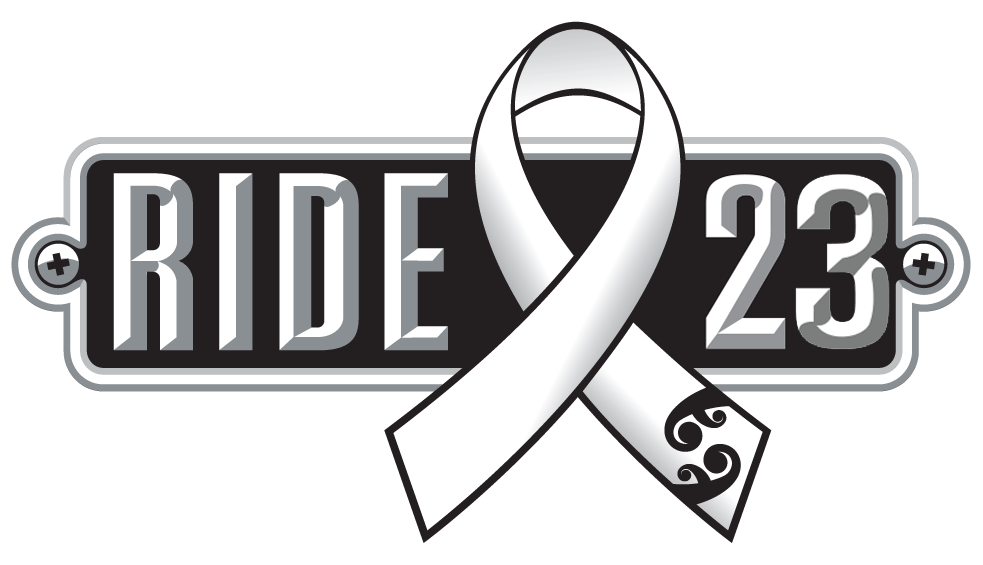Resources
All resources and merchandise are now available through the White Ribbon Shop. We hope you liked our new range of merchandise including t-shirts, metal ribbons, cufflinks and wristbands.
- Orders will be shipped from October.
- If you are ordering for multiple agencies, please contact the campaign team to make this process easier. You can download the bulk ordering form here.
- Payment options include credit card or bank deposit/invoices. If you require a quote or invoice, please proceed to pay by bank deposit, following the instructions as provided. If your order is urgent please contact us.
- White Ribbon resources to raise awareness in your community (fabric ribbons, posters, window stickers, temporary tattoos and balloons) are also available on this page. There is a shipping and handling cost.
- Any profits from sales go to ensuring we can continue campaigning on this important kaupapa.
- Download the Low Cost Ideas for celebrating and promoting the White Ribbon Campaign here.
If you have any questions please contact us.
x
x
DOWNLOADS
Click through to the downloads page to get print ready copies of our campaign poster, White Ribbon Ride poster, logos and other files to help with promotion of your White Ribbon event or activity. The 2014 files will soon be available.
Families that care for a family member with mental illness need support in order to help them to do the best job they can do, according to a report released today.
The Families Commission has released the Who Cares for People with Schizophrenia: Family carers’ health, circumstances and adjustment report. Research author Dr Sunny CD Collings from Otago University, Wellington says the study of a representative sample of carers says shows family carers of people with recent-onset schizophrenia are an important element of care arrangements, providing the foundations on which the mental health system is built.
“Caregivers make an enormous contribution, which isn’t always recognised. The report shows that their contribution is enhanced when they have support. Those who were more positive about their role as a caregiver tended to have good social support, and a range of coping strategies. They were also more often involved in other caring roles, such as parenting children,” says Dr Collings.
“Support for carers was most likely to come from friends, spouses, children and siblings of the carer. Those caregivers who were receiving specific support from NGO and health agencies, reported fewer positive experiences of care-giving. This might be because people who are having a difficult time are the ones more likely to get involved with support agencies.”
Coping strategies were developed by trial and error rather than through formal information or training.
Caregivers had good health but were more likely to experience mental health problems themselves than the general population, which they were not always being given assistance for.
“Although family carers are vulnerable to psychological distress they are also generally resilient and capable of noticing the positive features of their situations, as well as the challenges,” said Sunny Collings.
The report found that overall, satisfaction with mental health services was high. However Māori and Pacific caregivers had lower rates of satisfaction with health services, calling into question responsiveness of the mental health system to some groups.
Three-quarters of carers considered they did not get a ‘fair deal’ from society in respect of their role, with half considering that the Government should shoulder more responsibility.
Generally carers held the view that they enjoyed benefits from filling the carer role – particularly those who saw the family-care role as ‘natural’.
Families Commission Chief Executive Paul Curry said the issues in the report raise an important question about how professionals and family carers can function effectively alongside each other.
“Mental health services in New Zealand have made important advances toward the expressed needs of mental health consumers, yet carers present a more challenging task. There is a need to work alongside family carers of those with mental illnesses over the next decade to improve services for all involved,” said Mr Curry.







You must be logged in to post a comment.